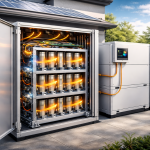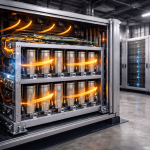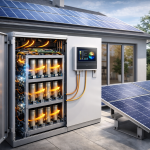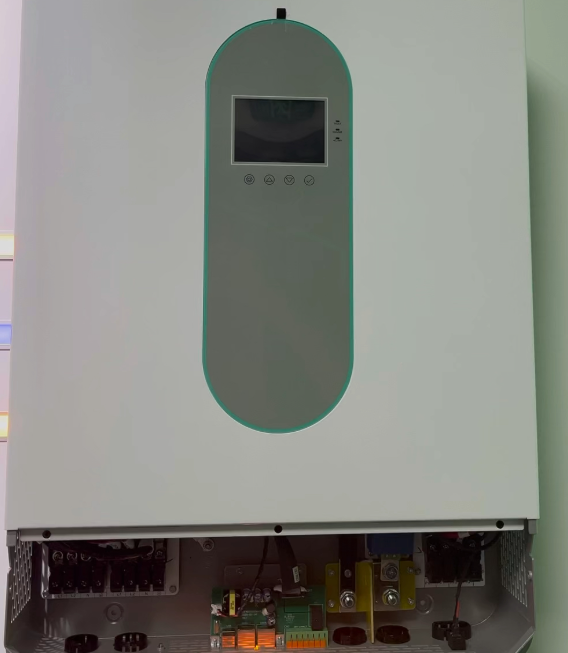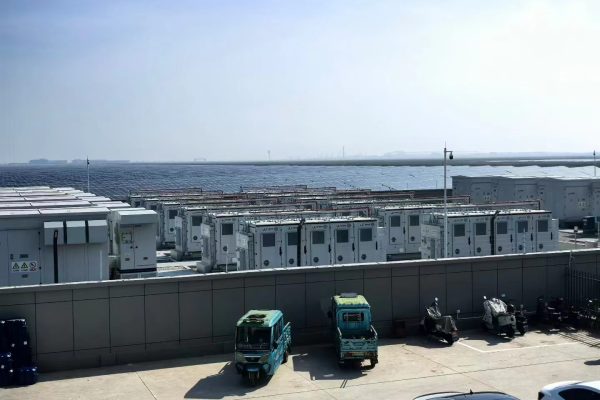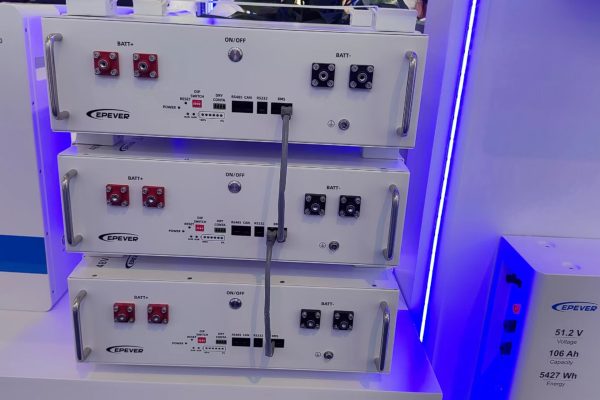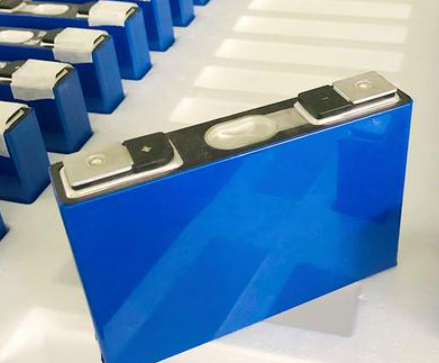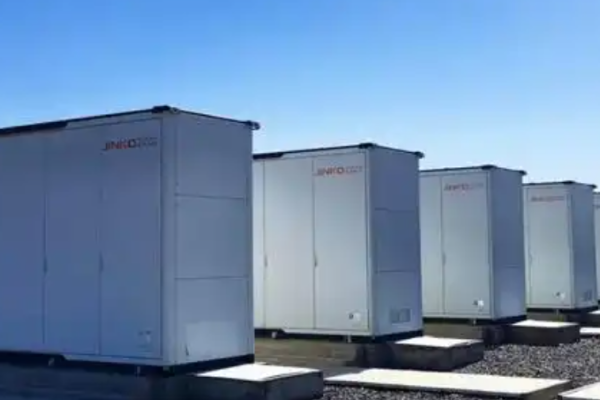1. Introduction
Inverter efficiency plays a crucial role in determining your solar energy system’s performance and return on investment (ROI). Even small improvements in efficiency can lead to significant long-term savings.
2. What Is Inverter Efficiency?
Inverter efficiency refers to how effectively an inverter converts DC (from solar panels) to AC (for home/grid use). Most high-quality inverters offer 96–99% efficiency.
Formula: Efficiency (%) = (AC Output Power / DC Input Power) × 100
3. Types of Efficiency
- Peak Efficiency: Best-case performance under ideal conditions
- European Efficiency: Weighted average across typical conditions in Europe
- CEC Efficiency: Similar to European, used in the US
4. Impact on Solar ROI
| Inverter Efficiency | Annual Energy Loss (on 5kW system) | Estimated Revenue Loss (USD) |
| 95% | 250 kWh | $30–40 |
| 98% | 100 kWh | $12–15 |
Over a 20-year period, a 3% difference in efficiency can save $500–$1,000.
5. What Affects Inverter Efficiency?
- Heat: Inverters in hot climates may operate less efficiently.
- Load Matching: Oversized or undersized systems reduce efficiency.
- MPPT Performance: Better tracking = more energy harvested.
6. Choosing a High-Efficiency Inverter
- Look for certifications (VDE, CE, UL)
- Consider hybrid inverters with >97.5% European efficiency
- Ask vendors for real-world performance data
7. Conclusion
Maximizing inverter efficiency is an easy way to boost solar ROI. It’s worth investing in quality for long-term savings.
👉 Need help comparing inverter models? Contact us at gr-newenergy.com.

